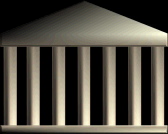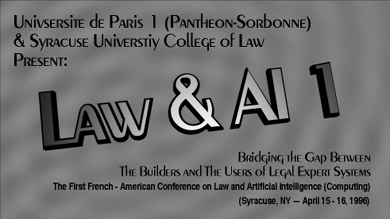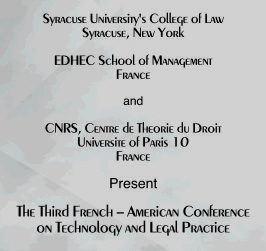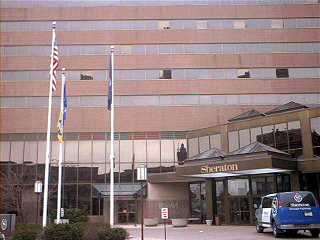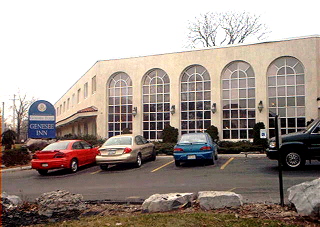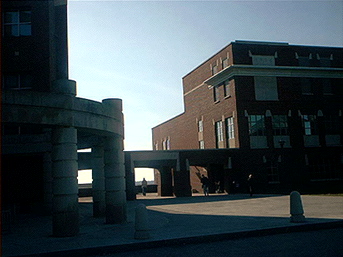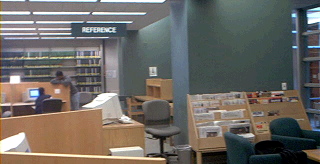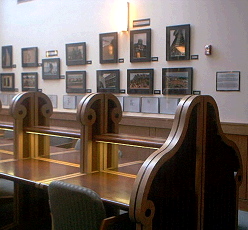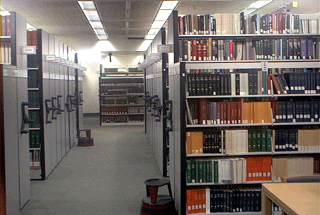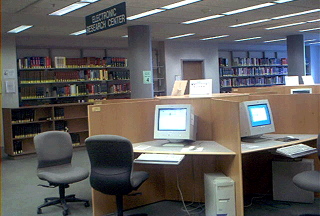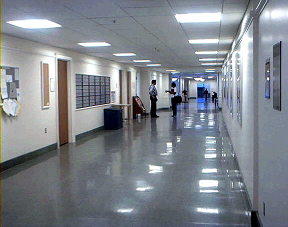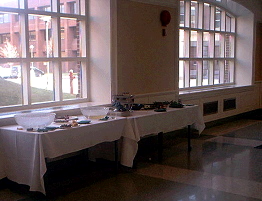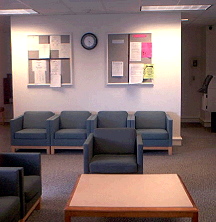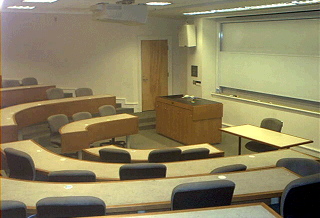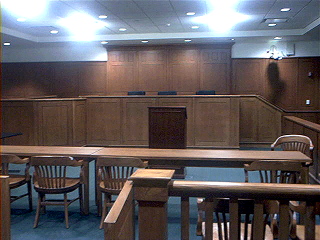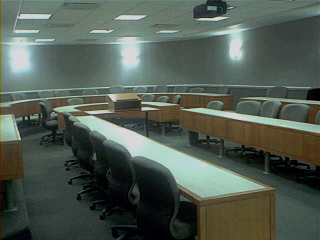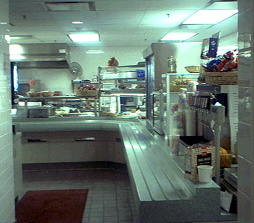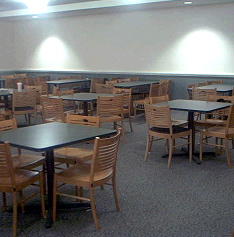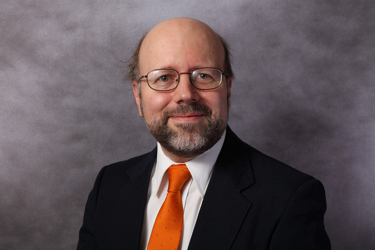
-
Résumé / Curriculum Vitae
Thanks for stopping by my homepage!
This a an annotated & hyperlinked edition of my Résumé / Curriculum Vitae (CV) in which you can learn more about my objective, publications, bar admission, experience, interests, organization memberships, and education.
I am also using this server to host historical archives of material related to The French-American Law & AI Conference Series.
-
Objective
In a nutshell, I'm a pragmatically oriented lawyer and technologist who believes that attorneys need to combine their traditional skills with a substantive mastery of emerging information technologies in order to:
- Spot technology related legal issues.
- Render the highest level of proactive advice to clients.
- Make prudent use of technology both in and outside the courtroom.
- Preserve the economically viability of the practice of law.
- Participate as active design partners in the development of future technologies.
- Devise the best bespoke technology enabled solutions to complex problems in the spheres of business and politics.
Indeed, many problems we face as lawyers have direct analogs that have been rigorously studied in Computer and Information Science, and many of the methodologies developed to create software products hold great potential for use in law firms and public law processes.
I have spent decades exploring innovation management processes and surveying enabling technologies along with their potential applications to the profession and beyond. Now I want to find ways, through my writings and related projects, to educate members of the profession and the public at large as to how much can be gained through this interdisciplinary approach to lawyering in the future.
-
Publications
Beyond Compliance: Understanding the Legal Aspects of Information System Administration
Chapter 4 in Organizational, Legal, and Technological Dimensions of Information System Administration / IGI Global, 2014
This peer reviewed chapter focused on how making the right technological choices can facilitate regulatory compliance, leading to reduced legal costs and greater agility in crafting responses to emerging sources of risk. It also offered a broad survey of both the nature of Legal Risk and those areas of law most likely to impact the specific risks faced in the IT Sector.
Law, Architecture, Gameplay, and Marketing
Chapter 29 in Business, Technological, and Social Dimensions of Computer Games: Multidisciplinary Developments / IGI Global, 2011
In this peer reviewed chapter, I offer Game Designers and Developers a broad survey of the legal issues related to computer games and virtual worlds with an emphasis on their business ramifications. I also introduce The Principle of Severability as a critical prerequisite to incentivizing the contribution of User Generated Content, along with a novel set of guidelines to help programmers follow a Litigation Savvy Development Process.
-
Bar Admission
New York State — Admitted to the Practice of Law on March 3rd, 1993.
I remain a member in good standing of the New York State Bar and I have never been the subject of any disciplinary complaints or actions.
After my admission to the bar, I was briefly engaged by a small law firm helping them with transactional work until an unexpected economic downturn abruptly eliminated the position, leading me to transition to the Nonprofit Sector.
-
Experience
March 2, 2019 to Present — Founder, Founders' Quadrangle
Founders' Quadrangle is an unincorporated association of academics interested in exploring the design space for possible Universities of the Future.
October 1, 2014 to Present — Research and Writing
Following the dissolution of the IEUC I've been combing through the organization's research and the wider computing literature to organize all of the most germane materials into a publishable form. My goal here is to develop a comprehensive survey textbook suitable for use in Law School, MBA, and other Graduate Level Programs by distilling those salient features of a complete Computer Science course sequence that one would remember and find relevant in one's current non-CS course of study. In addition to introducing a rich body of technical material, it will also imbue the reader with the history, culture, and language of computer professionals to facilitate working with them in the real world. By skipping some of the book's more advance materials, the text should also be suitable for use at the undergrad level as part of a general education requirement in computing. I am also including extensive literature and online resource pointers to insure its value as a long term reference work.
Inorder to achieve a book design and page layout that will accomodate these diverse use cases, I spent much of 2018 and 2019 developing expertise in LaTeX Typesetting Technology and in creating a LaTeX pre-processor to facilitate authoring content containing nested categorized notes with interlinked citations and biliographic commentary. As the Fall Semester unfolds I will be focused on substantive writing. I am also looking beyond the textbook to how its philosophy can fit into a re-envisioning of Higher Eduation at large.
November 22, 2002 to October 1, 2014 — The Institute for End User Computing, Inc.
Founder, President, Executive Director, Chair of the Board,
Treasurer, Chief Technology Officer, Webmaster, and In-House CounselAfter a number of years of pre-incorporation planning, starting with an informal research project in Digital Libraries in which I built up an interdisciplinary circle of advisors and colleagues, I founded The IEUC, subsequently managing all facets of its operation as its Principal Investigator until its dissolution on October 1st, 2014. During the Institute's run, I secured the organization's 501(c)(3) Tax Exemption and subsequent classification as a Public Charity.
I also served as its Principle Investigator, surveying enabling technologies, preparing educational materials released through the organization's website, developed the organization's graphic identity, wrote custom software to support its website and regulatory compliance, recruited and managed volunteers, attended many academic conferences, handled the organization's finances, bookkeeping, and regulatory compliance. Unfortunately, the state of the economy led to a gradual erosion of the organization's financial support ultimately forcing us into dissolution.
-
Interests
For most of my adult life I have been programming computers and deepening my knowledge of the technologies involved. My favorite programming languages are Lisp Dialects like Scheme & Racket, Javascript, Ruby, and Go, but I have also experimented with more exotic languages like Forth, Prolog, and many others.
My primary technical interests are End User Programming, Programming Language Design, Hypertext, and Law and AI. Over the years I have amassed a staggering personal library with volumes related to most areas of Computer and Information Science, Innovation Management, and of course, Law.
I am a lifelong resident of New York State currently residing in the hills of Ossining, New York, overlooking the historic Hudson River approximately one hour North of Midtown Manhattan by train.
I also enjoy gardening and other offline activities.
-
Organizations
The New York State Bar Association (NYSBA), The NYSBA's Intellectual Property Section, The Association for Computing Machinery (ACM), The IEEE Computer Society, and the Association for the Advancement of Artificial Intelligence (AAAI).
In the New York State Bar Association I have been a member of the IP Section's Internet and Technology Law Committee before which I've spoken on such topics as Web Accessibility Law and Legal XML; I have served rotations on The Committee on Legal Education and Admission to the Bar (where I argued for making substantive technological training part of the law school curriculum) and the Law Office Economics and Management Committee (to which I have just been re-appointed).
-
Education
Graduate Work
I studied law at Syracuse University's College of Law where I earned my J.D. in 1991 and my LL.M. in Taxation with a related concentration in Technology Law* in 1992.
On May 17, 1997 I was awarded a Certificate in recognition of my completion of the Law, Technology, and Management Program (now known as the Technology Commercialization Law Program ) which included work in the College of Law's Technology Transfer Research Center.
I was also granted considerable latitude in augmenting my formal legal studies with work in the School of Information Studies and the Whitman School of Management's Innovation Management Program.
*Syracuse's LL.M. in Taxation was subsequently retired and replaced with an LL.M. in American Law now offered to foreign trained legal professionals.
Undergraduate Studies
I graduated magna cum laude from The University at Albany in 1988 with a B.A. majoring in Political Science with a History minor.
When I wasn't occupied with my formal classes, I spent most of my free time independently reading through the Computer Science stacks in the library.
I also had the pleasure of meeting some famous figures through the Speakers Forum club and sparked my interests in management by working as one of the managers of the on-campus University Cinemas.
